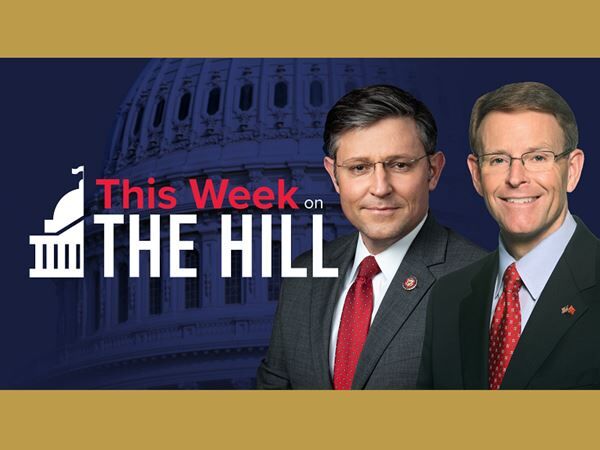Texas ranks 3rd in new business ranking
Regional News

Audio By Carbonatix
8:57 AM on Friday, October 3
(The Center Square) – Unlike other rankings where Texas consistently ranks first, and has for decades, a new ranking lists Texas the third best for doing business.
Area Development’s annual Top States for Doing Business survey ranks Texas third best, behind Georgia and South Carolina.
With tougher economic times due to high inflationary costs and tariff uncertainty, the economic development landscape is changing, the report notes.
“This year’s rankings reflect a rapidly evolving economic development landscape – one shaped by pressure on timelines, power infrastructure, and workforce pipelines,” Area Development says.
“The consultant panel behind the survey made clear that states no longer rise to the top simply by offering low taxes or generous incentives. Today, it’s about execution: how quickly and reliably a state can align land, labor, logistics and leadership behind a fast-moving project.”
The survey’s categories and methodology changed this year, including separating energy infrastructure into two categories, “Energy Availability” and “Energy Cost.” It also elevated “the importance of water access, permitting speed, and site readiness – all increasingly make-or-break factors in large capital investment decisions.”
Texas has its own grid and permitting process separate from the rest of the country. It consistently leads the U.S. in job creation and energy production, The Center Square has reported.
Southeast states dominated the ranking, with Georgia, South Carolina, Texas and North Carolina taking the top four spots, followed by Tennessee, Virginia, Alabama and Louisiana. Midwest outliers Ohio ranked fifth and Michigan ranked 10th.
The top-ranking states edged above the rest because of their “workforce development, energy infrastructure, site readiness, permitting, and long-term resilience,” survey respondents said.
Among the different categories, Texas ranked first for availability of sites, corporate tax structure and energy availability; second for having best access to qualified labor, logistics and infrastructure and overall cost of doing business; third for affordable energy cost; fourth for favorable regulatory framework; fifth for permitting speed and process; eighth for workforce training programs.
Texas did not make the top ten in several categories: business incentive programs, “climate risk and resilience,” cooperation of local and state government, favorable property tax, site readiness programs and water availability.
“Permitting remains one of the biggest chokepoints in the development process – but some states are finding ways to turn it into an advantage,” the report states. “Consultants praise states that streamline review across agencies, offer point-of-contact case management, and demonstrate a culture of responsiveness.”
“Consultants also note that labor availability is now weighed alongside long-term demographic trends, automation adoption, and proximity to training centers,” the report explains. In light of an ongoing domestic manufacturing production boom nationwide, companies are looking for skilled labor and training programs that tailor to emerging sectors, it notes.
“Life sciences, advanced manufacturing, clean tech, and AI-driven industries often require specialized skill sets that aren’t easily sourced from generic training pipelines,” the report explains. “That’s led some states to offer ‘concierge-style’ workforce solutions – forming partnerships with companies pre-announcement to co-develop curricula, fast-track credentialing, and coordinate with local school systems and community colleges.”
Ultimately, state government financial incentives are not the primary factor for companies relocating anymore, the report notes, “the reliability of policy” is. This includes consistent tax and labor policies and energy regulation “over the long term. Political and administrative whiplash can stall or even derail capital planning,” it says.
“States can no longer rely solely on traditional selling points like tax credits or cheap land. The consultants behind this year’s rankings emphasized that how a state performs – on speed, certainty, and alignment – now matters more than what it offers on paper. States that are winning today are those with development-ready sites, transparent permitting pathways, reliable energy infrastructure, and customizable workforce programs that align closely with private-sector timelines.”
Mississippi, Indiana, Arizona, Illinois, Oklahoma, Kentucky, Florida, Arkansas, Wisconsin and Pennsylvania rounded out the top 20 states in the ranking.







